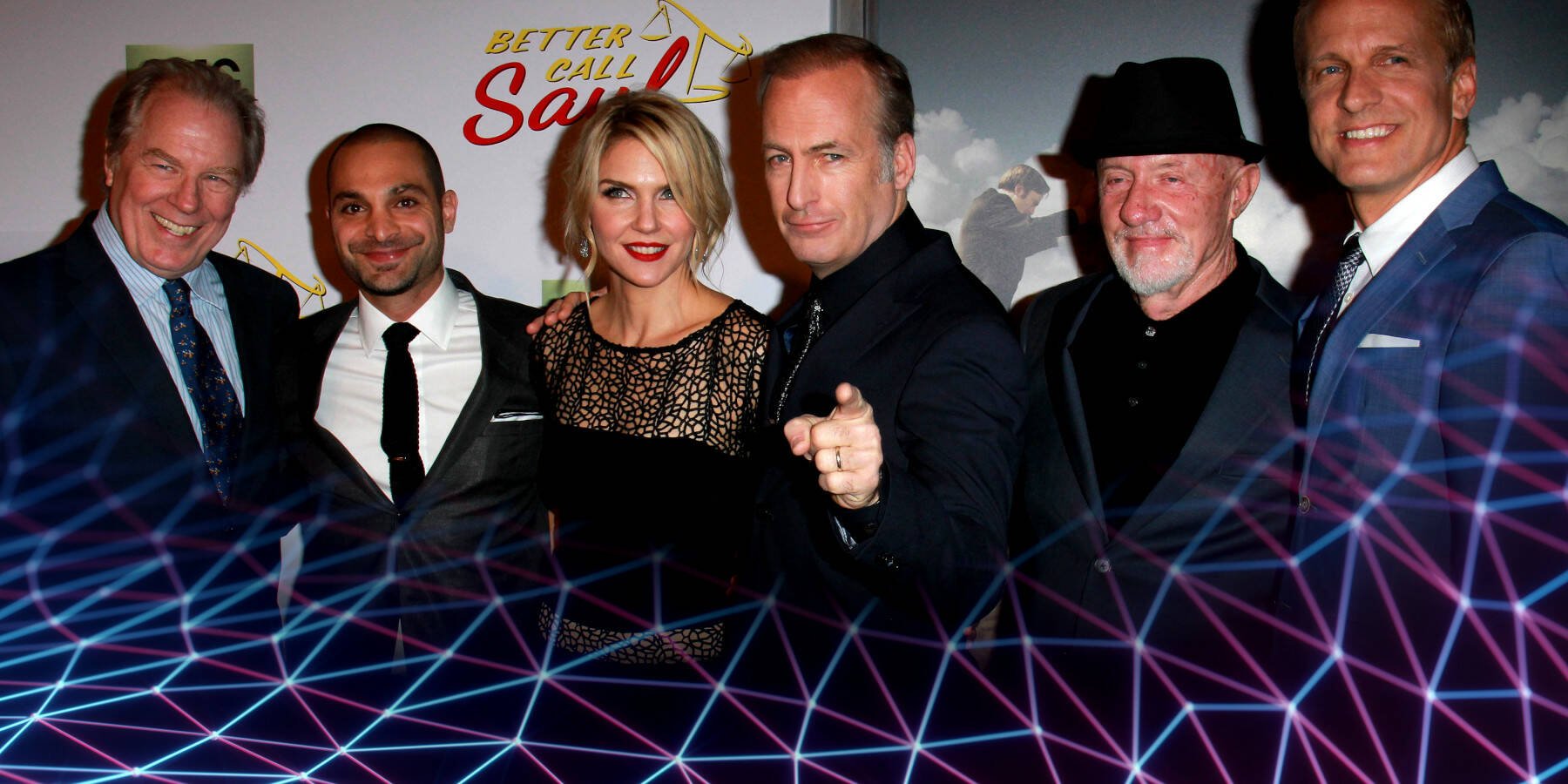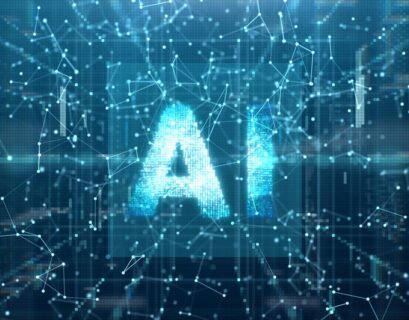Homes are concealed behind clusters of subtropical rainforest on the outskirts of Brisbane’s west, where horses leisurely graze in paddocks and road signs caution about the presence of deer and kangaroos. The suburb of Anstead, nestled between the river’s bend and the foothills of the D’Aguilar Range, may seem an unlikely dwelling for Marek Kowalkiewicz, a Polish-born business professor advocating for the integration of artificial intelligence into our lives.
Despite the serene setting of his home among the gum trees, Kowalkiewicz reflects on the contrast between the technology-driven world he inhabits from 9 am to 5 pm and the seemingly less technologically advanced environment of his residence. Transitioning from Silicon Valley to this tranquil haven, he notes the distinct separation between the two realms.
As he prepares to launch his groundbreaking book, “The Economy of Algorithms: AI and the Rise of the Digital Minions,” Kowalkiewicz sheds light on the transformative impact of non-human agents on our economy and society. Acknowledging his past misconception of algorithms as mere tools following human commands, he now recognizes their pervasive influence, from managing ride-share drivers to automating job recruitment processes.
In this emerging era of algorithmic dominance, Kowalkiewicz emphasizes the pivotal role of human agency in steering the course towards a more favorable future. Rather than fearing technological displacement, he envisions a collaborative “age of augmentation,” where humans harness the power of algorithms to enhance their capabilities and productivity.
Kowalkiewicz’s anecdotes, ranging from comical bidding wars between algorithms to sobering instances of algorithmic errors leading to real-world consequences, underscore the need for a nuanced understanding of these digital entities. While algorithms excel within defined parameters, human adaptability and critical thinking remain indispensable in navigating unforeseen challenges.
At the core of Kowalkiewicz’s message lies the call for digital literacy and proactive engagement with technology to leverage its benefits while mitigating potential risks. By fostering a symbiotic relationship between humans and algorithms, he envisions a future where these “digital minions” serve as valuable assets under human guidance and oversight.
As Kowalkiewicz advocates for a balanced approach to integrating algorithms into our lives, he implores businesses and individuals to embrace innovation while retaining a firm grasp on human agency. Through continuous learning, experimentation, and adaptation, he believes that we can unlock the full potential of this new digital landscape while safeguarding against unintended consequences.
In “The Economy of Algorithms: AI and the Rise of the Digital Minions,” Marek Kowalkiewicz offers a compelling narrative that navigates the complexities of our evolving relationship with technology, urging readers to embrace a future where humans and algorithms coexist harmoniously to shape a more prosperous and sustainable society.









